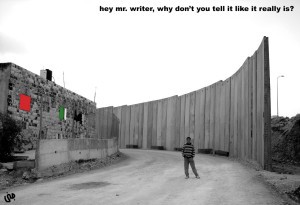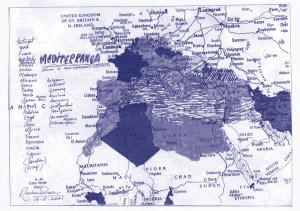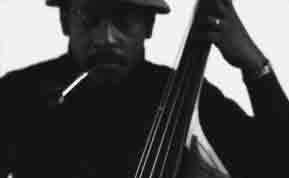What could the curriculum be – if it was designed by the people who dropped out of school so that they could breathe? The latest issue of Chimurenga provides alternatives to prevailing educational pedagogy. Through fiction, essays, interviews, poetry, photography and art, contributors examine and redefine rigid notions of essential knowledge.
Presented in the form of a textbook, Chimurenga 15 simultaneously mimics the structure while gutting it. All entries are regrouped under subjects such as body parts, language, grace, worship and news (from the other side), numbers, parents, police and many more. Through a classification system that is both linear and thematic, the textbook offers multiple entry points into a curriculum that focuses on the un-teachable and values un-learning as much as it’s opposite.
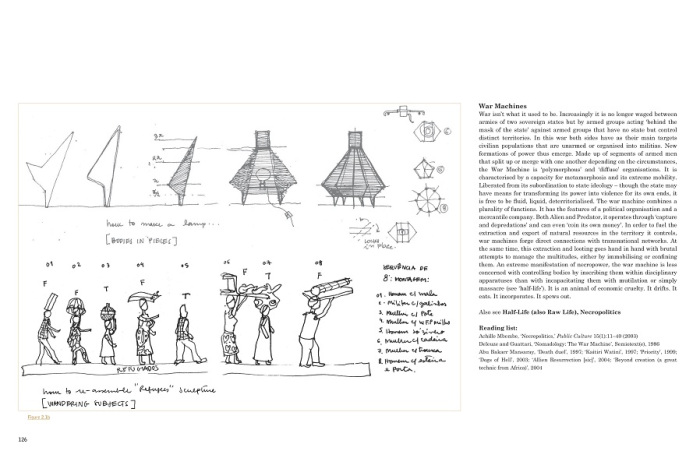
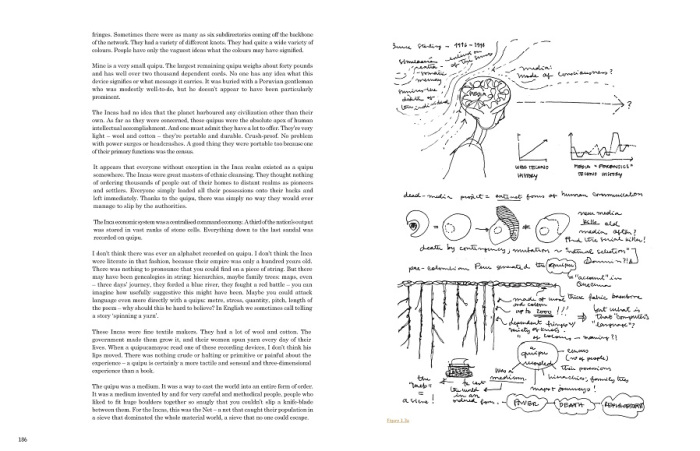
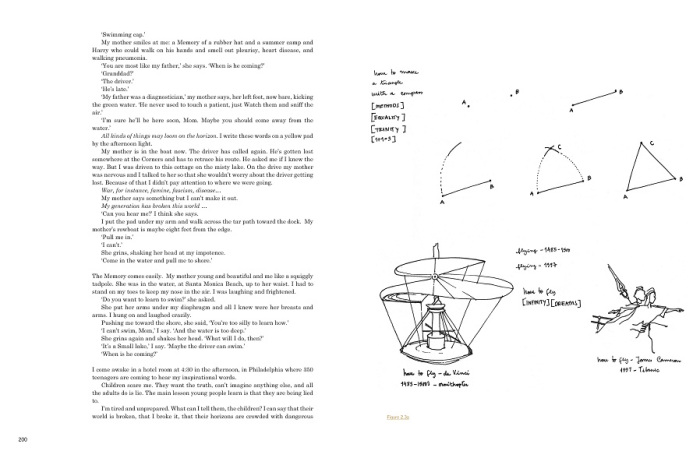
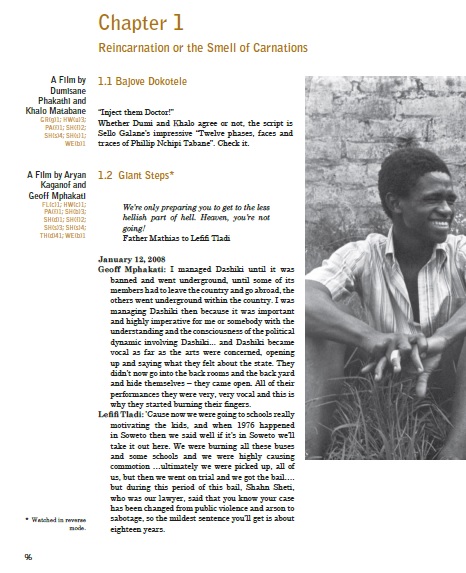
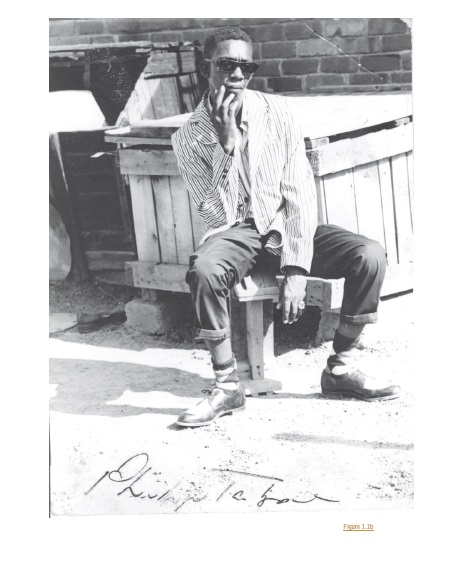


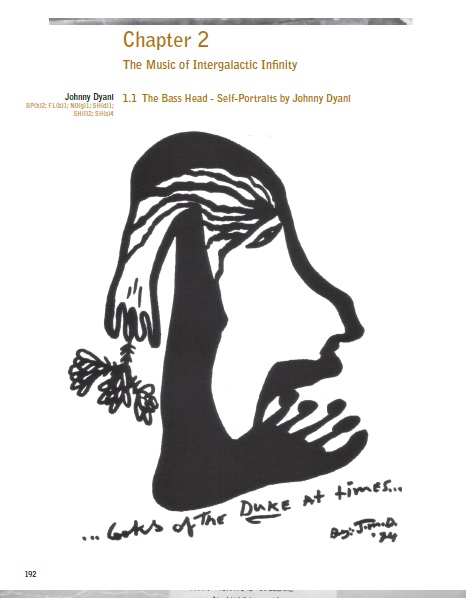
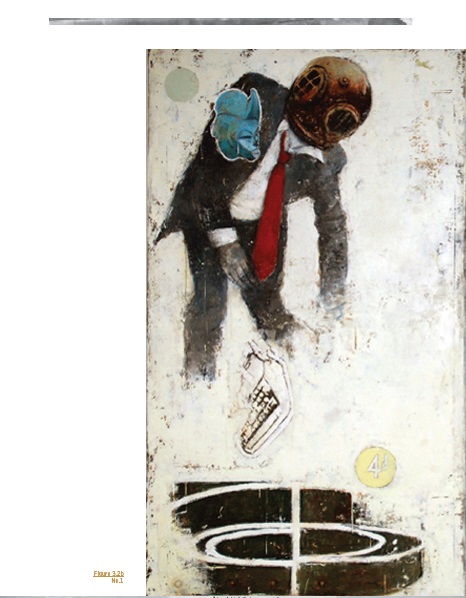
Inside: Amiri Baraka waxes poetic on the theoretics of Be-Bop; Coco Fusco flips the CIA’s teaching manual for female torturers; Karen Press and Steve Coleman instruct in folk-dancing; Dambudzo Marechera proposes a “guide to the earth”; Dominique Malaquais designs the museum we won’t build; through self-portraits Phillip Tabane and Johnny Dyani offer method to the Skanga (black music family); and Winston Mankunku refuses to teach.
Other contributors include Binyavanga Wainaina, Akin Adesokan, Isoje Chou, Sean O’Toole, Pradid Krishen, E.C. Osundu, Salim Washington, Sefi Atta, Ed Pavlic, Neo Muyanga, Henri-Michel Yere, Medu Arts Ensemble, Aryan Kaganof, Khulile Nxumalo and Walter Mosley amongst others. Cover by Johnny “Mbizo” Dyani.
1970—2018 Interviews with Med Hondo A Cinema on the Run (Archive Books, 2019)
1970 - 2018 Interviews with Med Hondo, the first volume in a three-part publication, brings together seventeen interviews conducted with Med Hondo over a period of almost half a century, most of the interviews originally published in French were translated into English. The book originated in the long-term project Cours, cours, camarade, le vieux monde est derrière toi—Run, comrade, run, the old world is behind you—The Cinema of Med Hondo.
To read Med Hondo opens us up to many perspectives: to his work and its time-historical contexts, to his interests and obsessions, to his standpoint with regard to the intertwining of politics, economics, and culture.
Med Hondo describes the school of pronunciation until such point as the slightest accent is erased; he observes the insults immigrants in France have had to tolerate, and fuses their stories and histories with the present; he builds bridges to the Caribbean and to the Western Sahara, to Algeria and Burkina Faso, to Niger and Senegal, to South Africa and the USA. This publication aims to draw attention to Med Hondo’s cinema and legacy.
Interviews by - Interviews by Michel Ciment and Paul-Louis Thirard, Moune de Rivel, Jean Delmas, Madeleine Dura, Noureddine Ghali, Guy Hennebelle, Rémy Kleib, Marcel Martin, Meneceúr Merzak, Françoise Pfaff, Don Ranvaud, Mark Reid, Jean Roy, Catherine Ruelle, Christian Scasso, Melissa Thackway
---------------------------------
Size: 22cm x 14cm
Pages: 196pp
Printing: black and white
Language: English
ISBN: 978-3-948212-07-0


